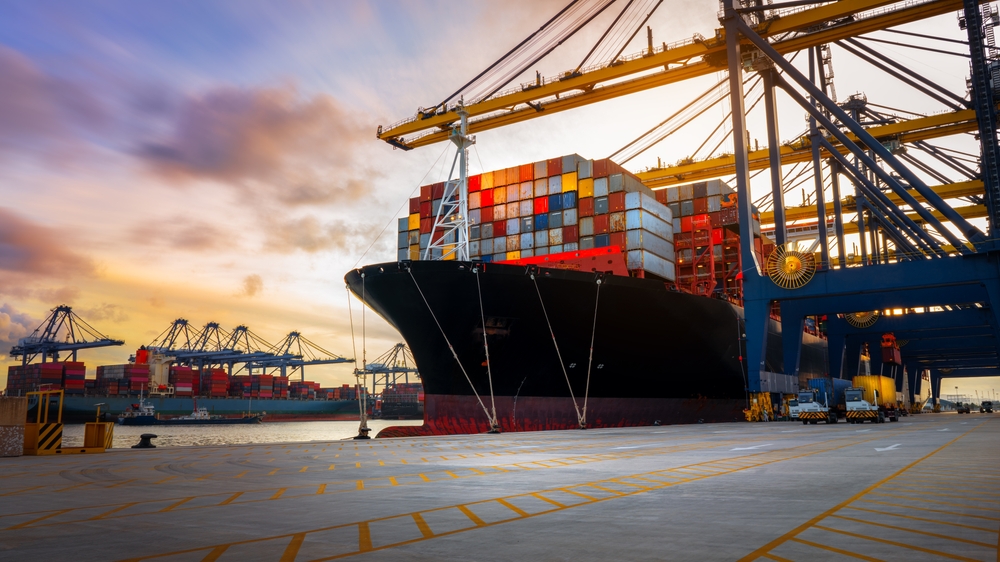The International Longshoremen’s Association (ILA) and the United States Maritime Alliance (USMX) have reached a tentative deal on wages, bringing an end to the strike that has disrupted operations at East Coast and Gulf Coast ports since earlier this week. The two sides agreed to extend their existing contract through January 15 to allow more time to negotiate a new agreement, marking the end of a strike that had threatened the U.S. supply of fruits, automobiles, and other goods.
Tentative Agreement on Wages, But Automation Issues Remain
The ILA and USMX issued a joint statement confirming the agreement on wages and the extension of their Master Contract, which allows both parties to return to the bargaining table to resolve remaining issues. Under the tentative deal, ILA wages will increase by 61.5% over six years, according to sources.
The strike, which impacted 14 ports and saw 50,000 of the union’s 85,000 members walk off the job, was the ILA’s first since 1977. One of the central sticking points that remains unresolved is the issue of port automation, which will be a key point of discussion in the coming months.
Supply Chain Disruptions Expected to Take Weeks to Unwind
The strike caused significant disruption to the U.S. supply chain, with thousands of containers stranded at the wrong ports and billions of dollars in goods stuck offshore. According to Everstream Analytics, it could take up to three weeks to unwind the congestion created by the strike. Bethann Rooney, port director for the Port Authority of New York and New Jersey, estimated that by next week, the backlog at her port would be resolved, with cargo flowing back into the economy.
Ocean carrier Hapag Lloyd and other industry experts echoed similar forecasts, predicting it will take three to four weeks for normal operations to resume.
Biden Administration Plays Key Role in Negotiations
Acting Labor Secretary Julie Su played a crucial role in brokering the deal, working closely with both the union and port operators. Su highlighted the success of the collective bargaining process, saying, “We’ve been saying it all along: when workers have a real voice at the table… we’re seeing really historic gains for working people.”
Transportation Secretary Pete Buttigieg also acknowledged the role of the ongoing Hurricane Helene crisis in pushing for a resolution, emphasizing that further delays would have been detrimental to emergency response efforts.
Relief for the U.S. Economy, but Long-Term Issues Remain
While the tentative deal brings relief to industries that had been lobbying for an end to the strike, long-term issues related to automation remain unresolved. The Retail Industry Leaders Association and the National Association of Manufacturers both issued statements praising the end of the strike but warned that another strike could cause significant economic damage, estimating potential losses of up to $5 billion per day if the situation escalates again.
With a tentative agreement in place, operations at U.S. ports are set to resume, but significant challenges remain on the horizon. As negotiations over port automation continue, the threat of future disruption lingers, making the next few months crucial for the long-term stability of the U.S. maritime industry.


